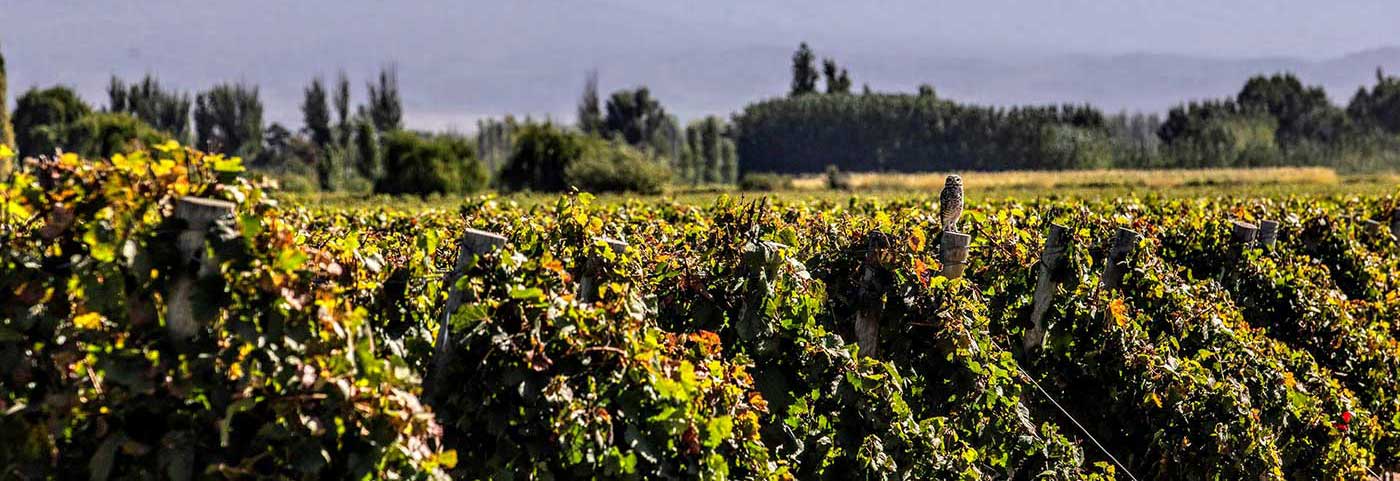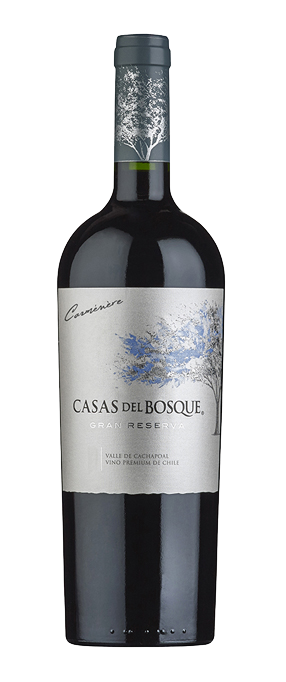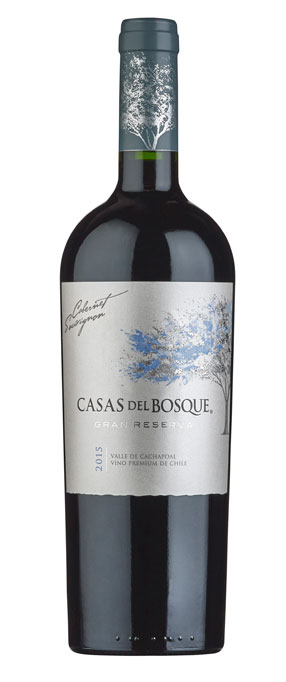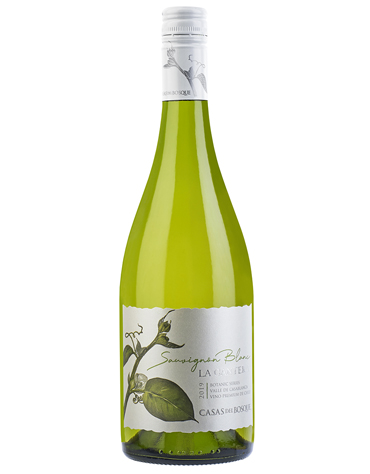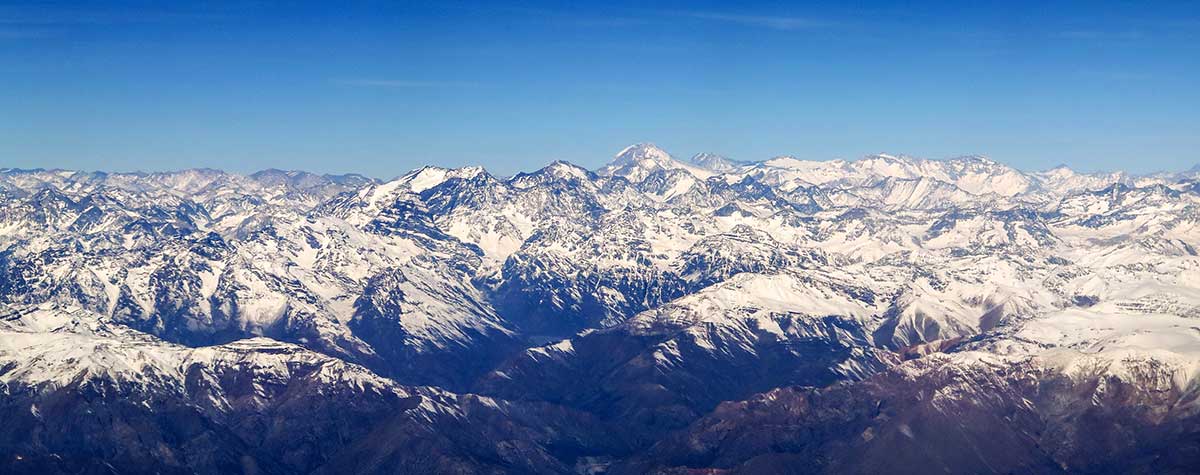
Chile: sustainability and innovation
Chilean wine has its roots in the Colonial Era with the arrival of the conquistadors and Spanish missionaries who planted the first vines. It has since developed a great diversification of vines that has led to a strong global presence following decades of work.
During the middle of the 19th century, and thanks to the economic boom, a selection of the finest “scions” were brought to Chile from Europe, just a few decades before the parasite of the great phylloxera plague. This made possible for Carménère (an almost extinct variety) to be developed in secret, in this new world wine country, for over a century among the Merlot varieties.
Chile is a paradise for wine production thanks to its high temperatures in summer and cold and rainy winters. In addition, the Andes Cordillera provides irrigation through snowmelt and a natural barrier against pests and diseases.
This country features one of the finest terroirs in the world with vineyards from the limits of the Atacama Desert to south of the Biobío, displaying a wide diversity of soil types and climates for producing a broad array of wines.
Chile’s vibrant viticulture has historically been concentrated in the Central Valley, a long strip of land closed in by the Andes to the east and the Coastal Mountains to the west, encapsulating this “Between Cordilleras” area. This region offers up a multitude of terroirs defined by a Mediterranean climate, great solar radiation, sedimentary soils, and cool nights, all of which promote a very healthy viticulture and the development of deep red wines with character.
Among the variety of the Valleys of Chile we can mention Aconcagua, Casablanca, Maipo, Colchagua, Elqui, Huasco, San Antonio, Cachapoal, Curico, Maule, Itata, Biobio, Limari, Cautin and Osorno.
Among the chilean grape varieties we can enjoy wines made of Cabernet Franc, Cabernet Sauvignon, Carignan, Carmenère, Cinsault, Merlot, Pinot Noir and Syrah.
Within the white grape varieties we can find excellent wines of Chardonnay, Riesling, Sauvignon Blanc, Semillon and Viognier.
(*) Source: winesofchile.org

